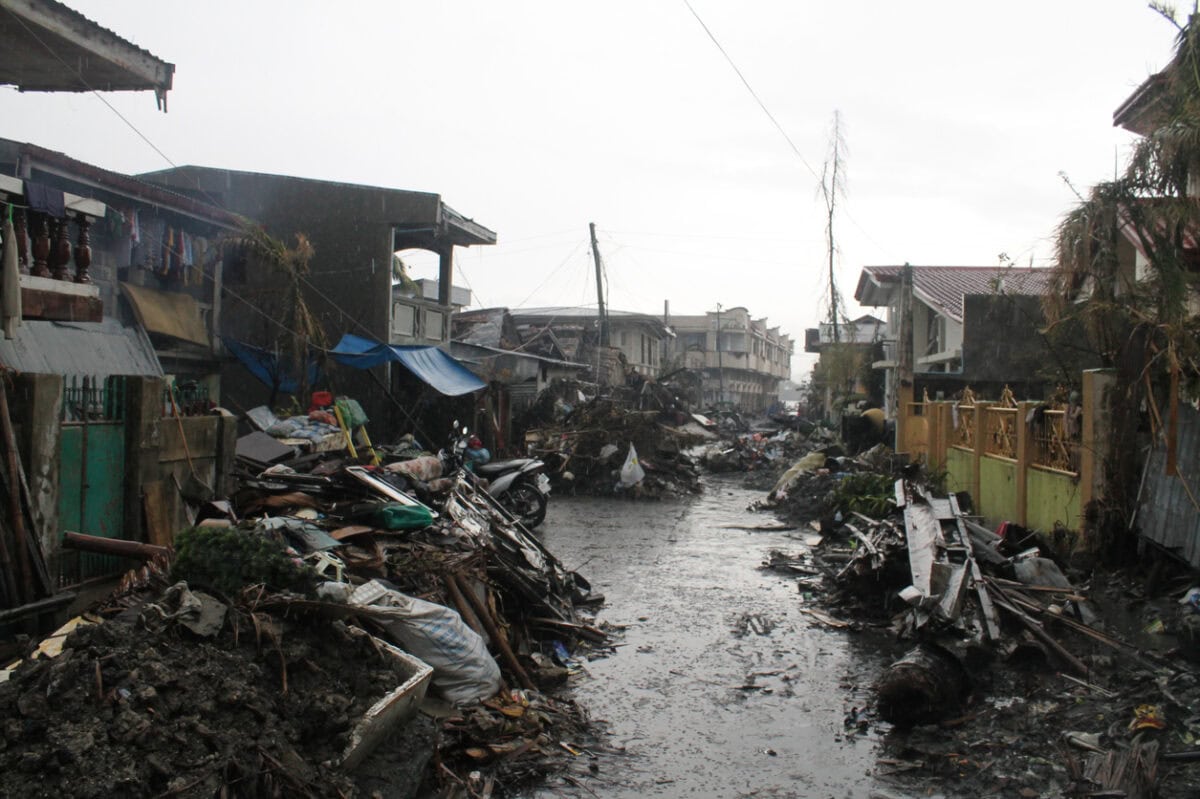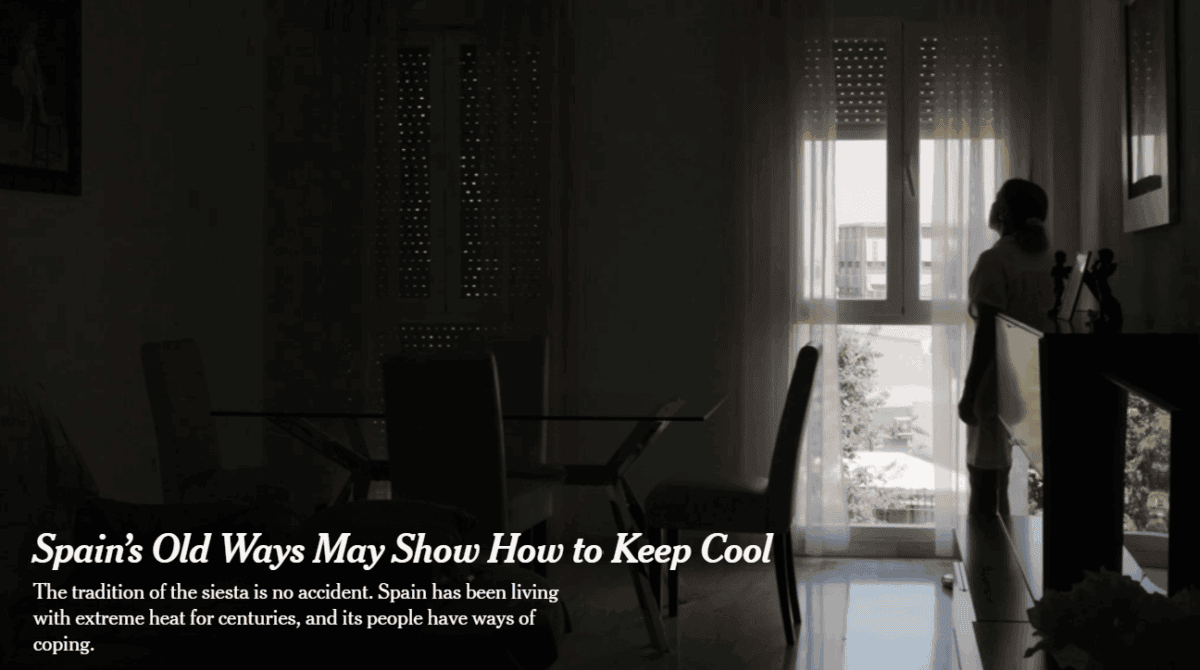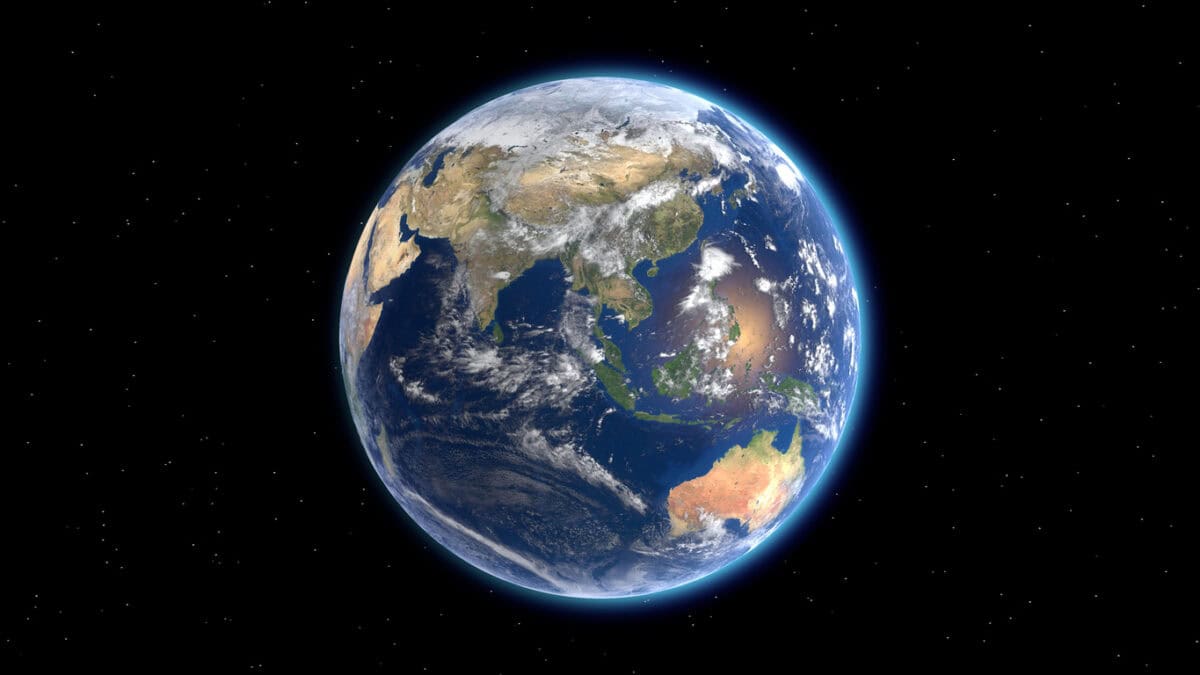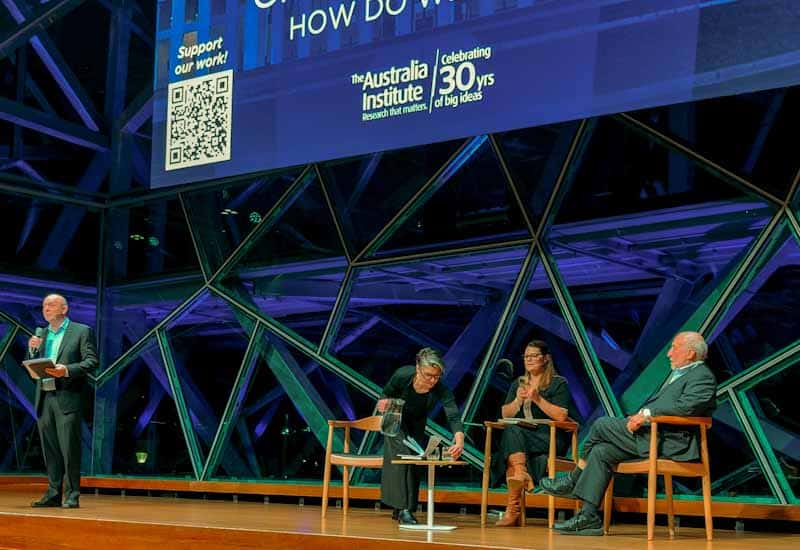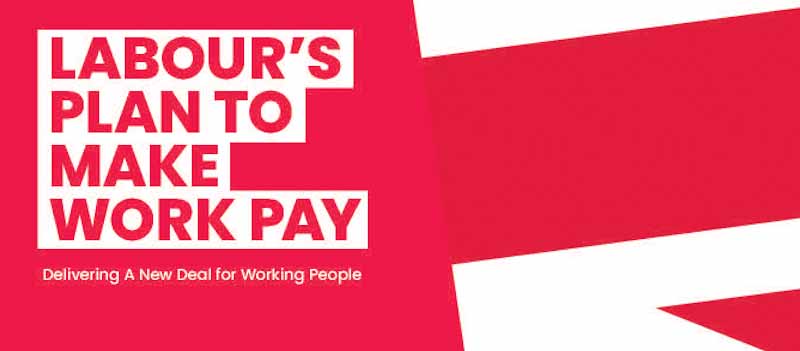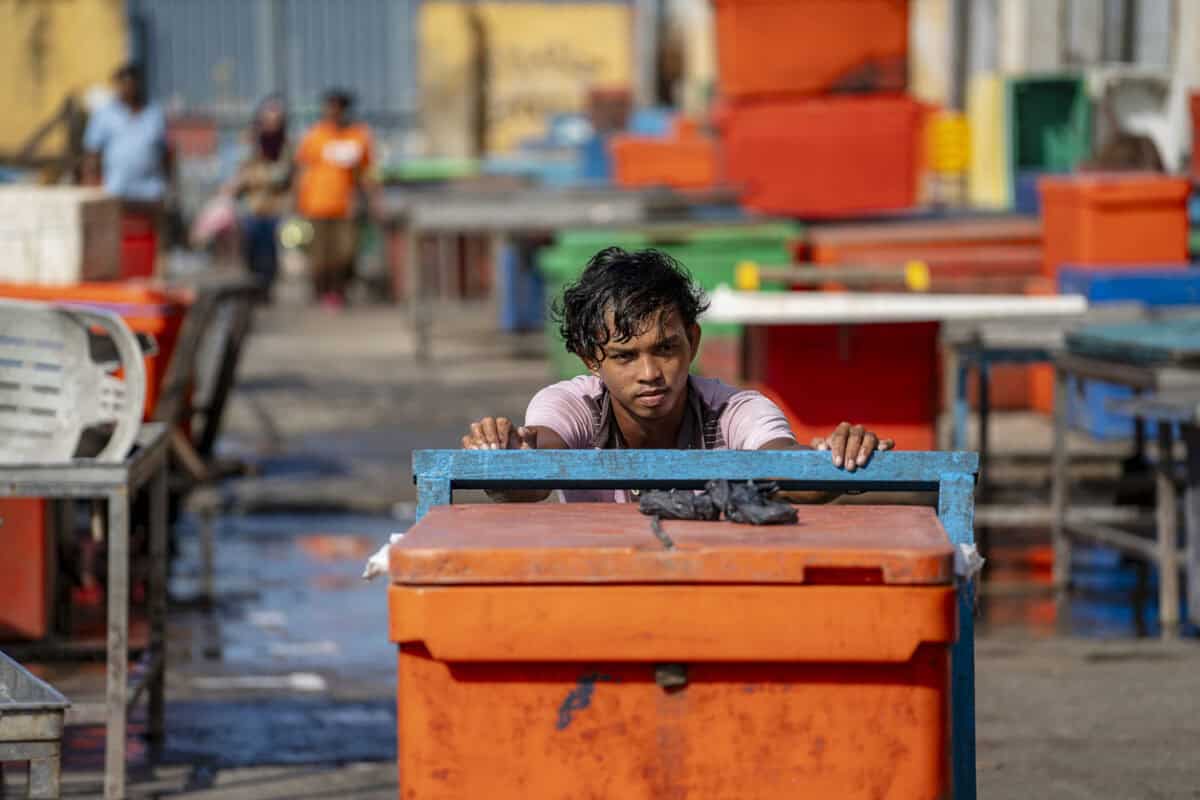In occupational health and safety (OHS) one hears about resilience usually in terms of psychological health and the ability to cope with stress. Applying a primary focus on resilience to prevent and manage mental health at work has been discredited, but resilience has a broader application and one that echoes the OHS-based concerns.
Category: climate change
Heat, Harm and the Cost of Denial
As Victoria shivers in the middle of its Winter and a cop-killer runs loose in the mountains in the middle of the state, it may seem odd to think about the occupational health and safety (OHS) context of working in excessive heat. However, give us a couple of months, and it will be a hot topic again in the Southern Hemisphere. (First and last weather pun, I promise)
A recent article in The New York Times (paywalled) examined excessive heat in Spain, providing useful details on the changes being implemented—some old, some new.
My Lovelock Lessons
I have liked James Lovelock ever since I heard about his Gaia Hypothesis in the brilliant English political drama, Edge of Darkness. I am not happy with all of his intellectual positions. I baulk at nuclear power from the unique Australian position of being nuclear-free but still exporting uranium. But as I finish reading the latest biography of him, I am starting to realise what I have learned.
“don’t trick people” – Greenwashing and Safewashing
Nobel-prize winner Joseph Stiglitz does not write about occupational health and safety (OHS). However, he does write about the sociopolitical and economic context in which businesses operate and from which worker health and safety decisions are made. In August 2024, Stiglitz is touring Australia. On August 7, 2024, he addressed a packed auditorium in Melbourne.
The topic was Greenwashing. He shared the stage with Senator Sarah Hanson-Young and Polly Hemming. The event, and I think the tour, was sponsored by The Australia Institute. Why was an OHS professional at a greenwashing lecture? The tools, techniques, and preventions of greenwashing are often echoed in OHS.
The immediate future of OHS in the UK
Later this week, the United Kingdom hosts an election which the Labour Party, the “party of working people,” is expected to win. Its party manifesto has been out for some time, but its workplace strategy has received less attention. Given the synergies between the UK and Australian industrial relations and occupational health and safety (OHS), Labour’s Plan to Make Work Pay, deserves an outsider’s analysis.
World Day of Health and Safety – Climate Change
The need for occupational health and safety (OHS) to adapt to the changing (deteriorating) global climate has long been discussed. This discussion may spike later this month with this year’s World Day of Health and Safety theme, the somewhat fatalistic “Ensuring safety and health at work in a changing climate“. Rather than look closely at the ILO global report on this issue, clearer discussion may be found in the latest edition of HesaMag with its special report on “Workers and the climate challenge” from the European Trade Union Institute.
No one seems to know why farm deaths have declined
This week’s Weekly Times, a major Australian agriculture newspaper, is reporting the good news that work-related deaths on farms have declined (not available online). The numbers from Safe Work Australia are positive, but the analysis of the reasons for the decline is thin.

